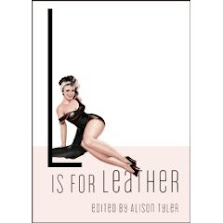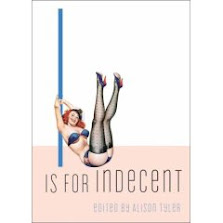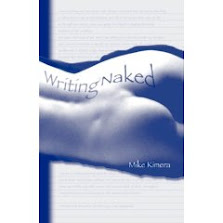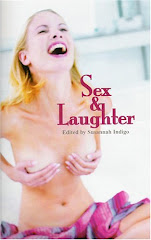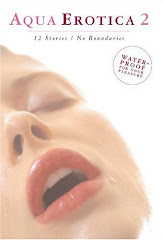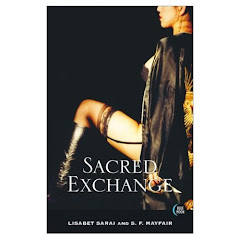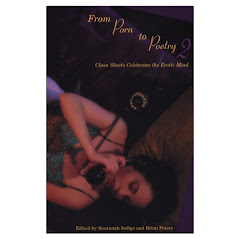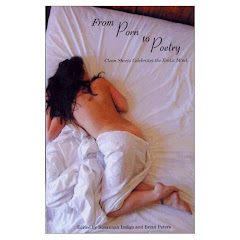Writing is a solitary occupation (not a lonely one - there are too many voices in my head for writing and loneliness to share a room -it's one of the reasons why I write - to keep those voices alive). It takes me weeks to get through a story unless it's one of those "channelled" stories that come from nowhere once in a while.
To keep at it, i need to fall in love with the story. I also need to be able to take the story apart and reassemble it: language, characterization, tense, point of view, plot, pace, tone, timeline etc etc. Both of these activities get me so close to the story that I am incapable of knowing how it will come across to a new reader.
Being in love with the story means I sometimes assume that more is on the page than I've actually put there (backstory that's still in my head, emotions behind the words that haven't made it to the surface, missing details of time and space that will trip the reader up). It also means I read my story with a generous heart and a knowledge of what it aspired to that I cannot expect the reader to share.
Taking the story apart sometimes means I can no longer see the whole. I can't judge the pace or the tension or the level of emotion. I believe that a story read for a second time is no longer the same story. The reader cannot "unknow" the story. Each subsequent reading changes the knowing. So taking the story apart over weeks denies me the experience that a new reader has.
Comments from readers put me in touch with the reader's experience.
No. Stop. That sounds way too academic for what I really mean.
Let me give you a very male analogy here: after the laughter of foreplay, after the fierce heat of the first deep penetration, after the slipping and sliding and groaning and biting, after the thighs tensed and the back arched and the rush of sperm stripped his mind of function for a second or two, at just the point where she is thinking of love or sleep or whether he can do it again, or how he can be done already, he has only one question that he wants to whisper in her ear: "Did you come? Did you come good?"
Stripped of the academic gloss which argues that interactive media enables a creative discourse between writer, written, read and reader, this is the egotistical question the writer-lizard wrapped around my hind-brain want to know the answer to - Did you come good?
I grew up in that "Joy of Sex" generation who poured over drawings that seemed to suggest that a man needed a beard to have good sex but which left me wondering if men washed their beards after oral sex or wore their woman's scent like a cologne - hey, I was sixteen with nothing but hormones, imagination, fear and excitement to guide me- so perhaps my second question is inevitable: "How do I make you come better?"
When I ask this question of readers I want the equivalent to "well that felt nice but if you moved your tongue up a little and used a little more pressure I'd be bouncing against your face".
When I ask this question of another writer I want the equivalent to "if you want to stay hard a little longer, put a finger, yours or hers at the base of the penis just here and press like that."
So what I want from comments ranges from: "this is how your story made me feel" through "this part of your story had my toes curling but around about here I started to compose my shopping list" through "You use language and imagery like whore with a long tongue and lots of practice but your characterization has the authenticity of a blow-up doll with a slow leak."
What comments mean to me is that someone read my stuff and took the time to tell me about what it meant to them. The generosity of that never ceases to amaze me. They help me take a fresh look at what I've written and they help me to improve my craft. Most of all, they keep me writing.
So, if you’re in a mood for commenting or even if you’re just wondering whether my writing would make you come good, pop over to Mike Kimera’s Erotic Fiction, browse the story categories and read something that brings you pleasure.



